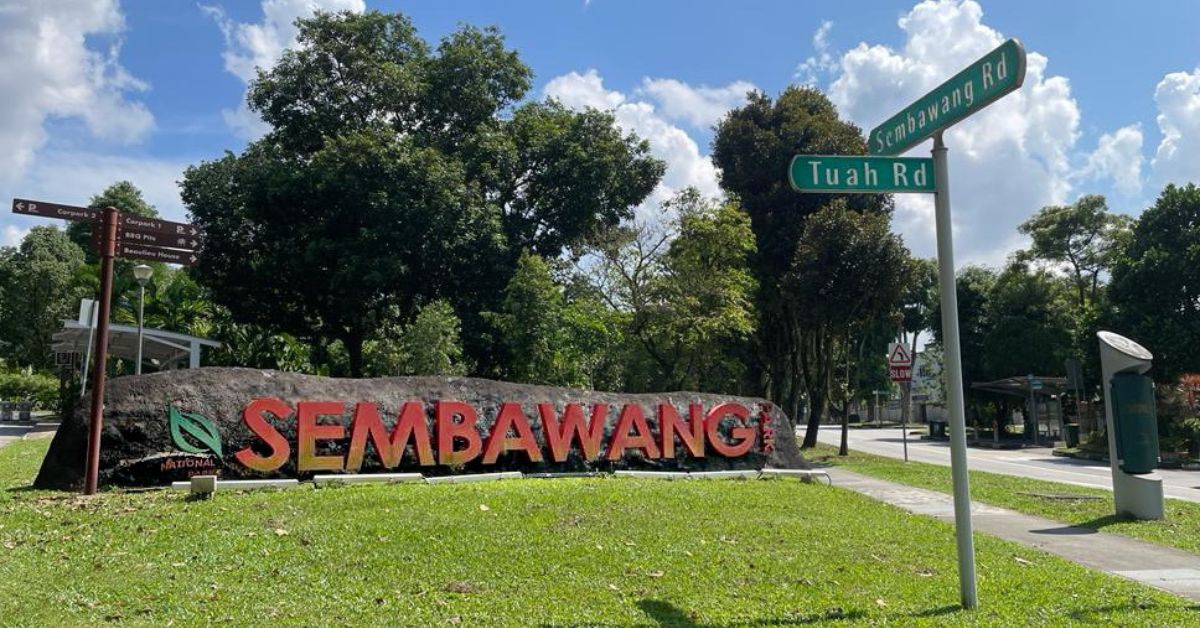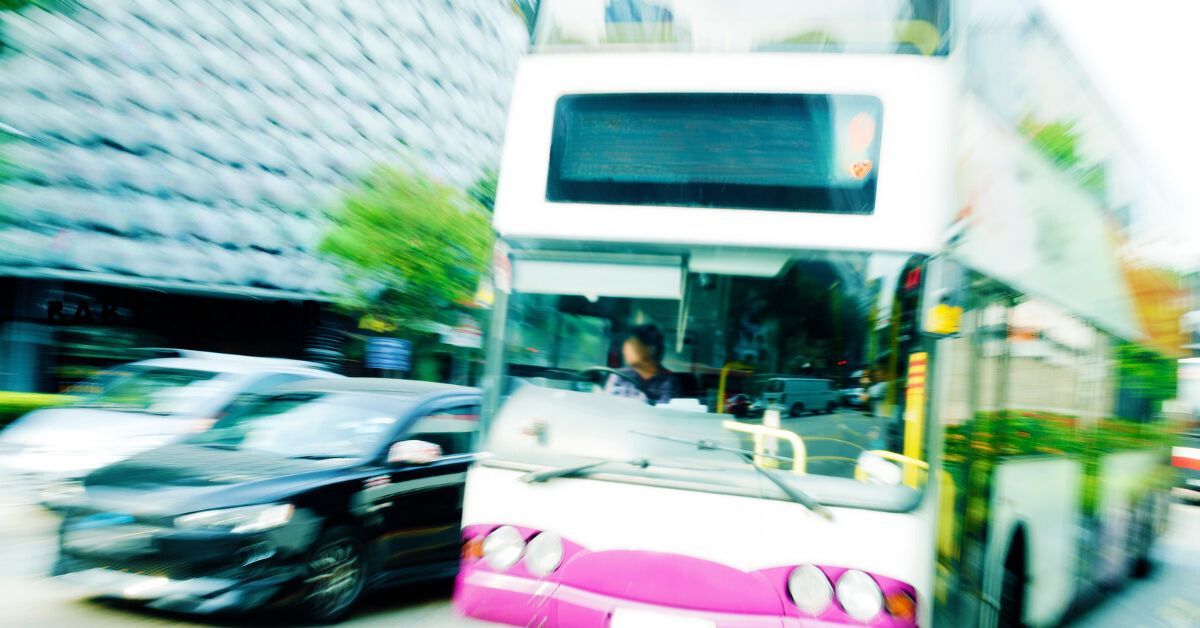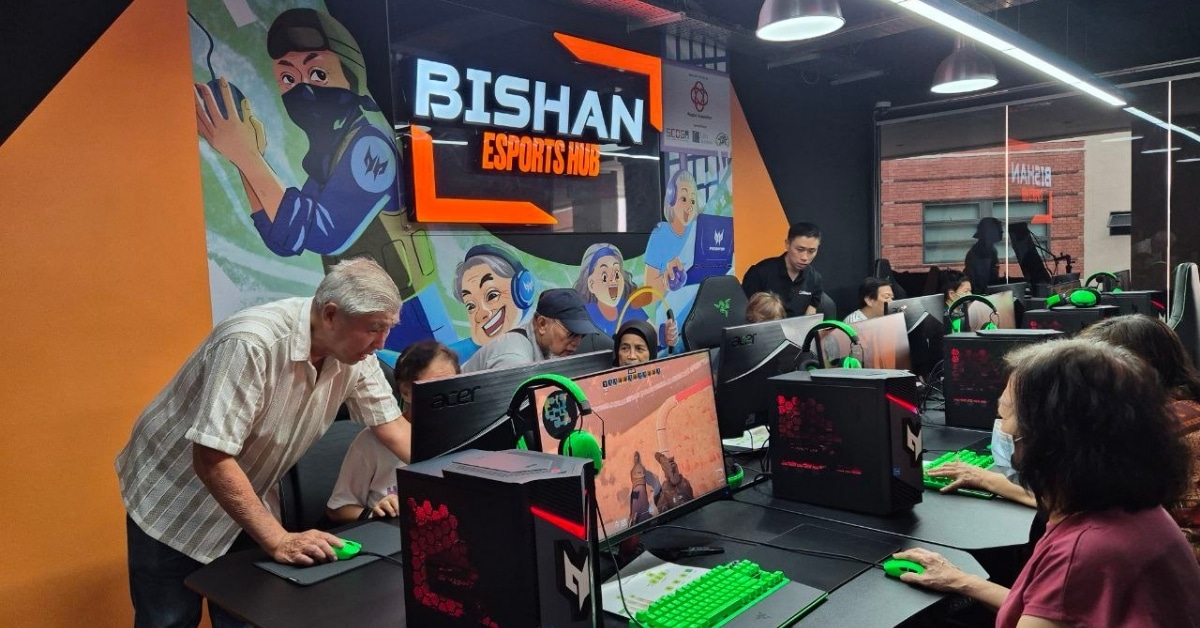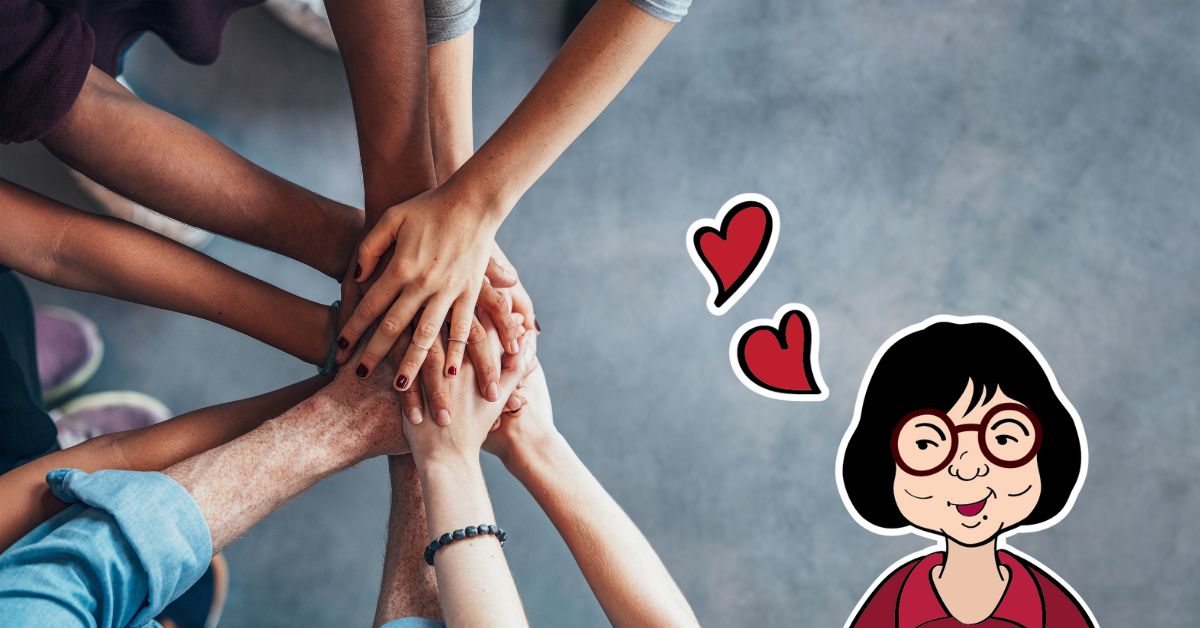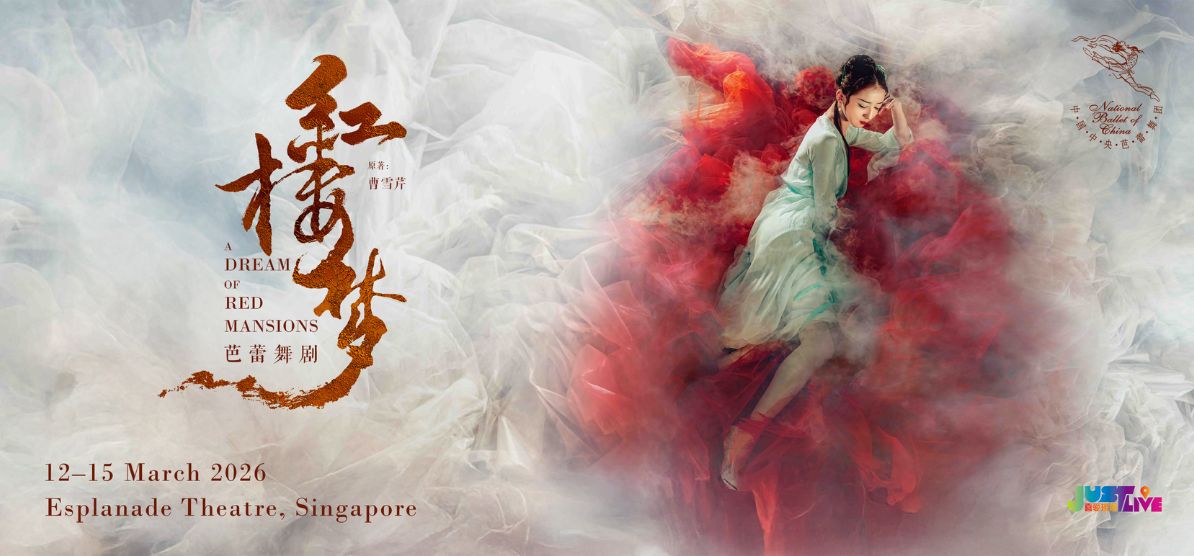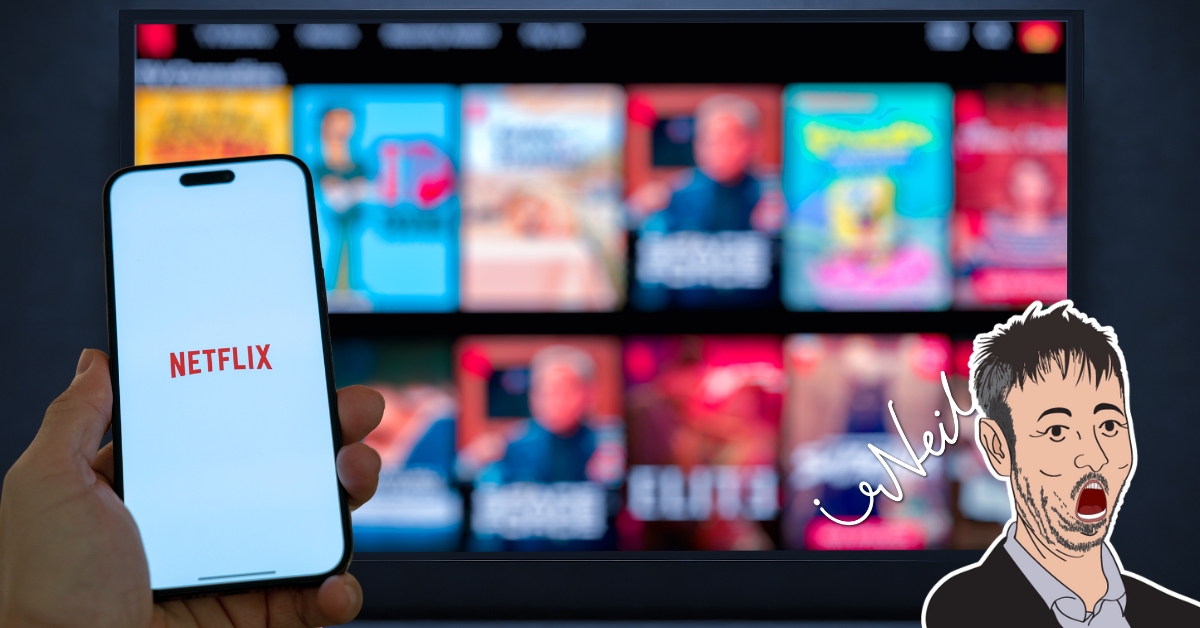
SINGAPOREANS are blessed. We don’t have crises, not real ones anyway. So we have to manufacture them, to give us something to fill the home section of our national media. Otherwise, we’re relying on elections, scammers, and Changi Airport being voted No.1 again.
And those things don’t happen every day. (Apart from the scammers. They do happen every day. Here’s my latest phone favourite … “Hello Mr Dumpwee, it’s Ministry of Manpower. Mus’ cancel your work visa,” … Look, I know the media industry isn’t what it used to be, but this feels harsh.)
But we have to fill our local news sections with something, right? Luckily, there was a major Singapore story that sent shockwaves around the world. Apparently, Ukrainian residents were sifting through the rubble after the latest Russian attack when someone shouted, “Stop. I’ve just heard. Netflix Singapore has raised prices. Again!”
The Netflix story justified national coverage because subscription fees are being upped by at least $2, just a year after the last increase. It does seem a steep rise. My theory is Netflix adds a dollar every time the cast of Stranger Things adds a year to their age.
When they started making the show, the actors were on the road to puberty. Now, it feels like they’re on the road to retirement. If memory serves, they were fighting demons in the first series. In the next series, they’ll be fighting arthritis.
Look, we’re lucky to live in a country where a Netflix price increase is national news, because war, famine and natural disasters are not. In the age of the polycrisis, safety and stability have never looked sexier. But here’s the real controversy: I don’t have a huge issue with the Netflix price increase.
Advertisement
The first-world problem of Netflix
Firstly, it’s a very first-world problem. If you don’t like the hike, cancel the subscription. The rising costs of life’s real essentials — rice, bread, eggs and fake football jerseys — are all going up. They are legitimate societal concerns. Being able to watch Kraven the Hunter is not.
And second, Netflix is beginning to feel like a safe space away from the selfish and the oblivious, those folks forever waving their offensive weapons in the air. I am, of course, referring to the magical phone light.
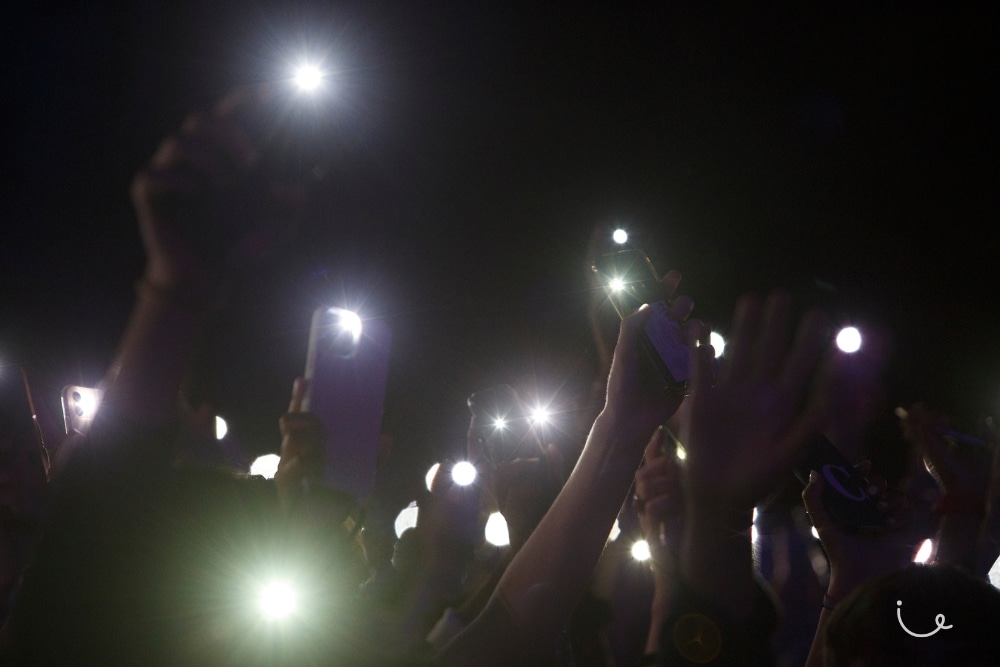
I presume the phone light has magical qualities because the owner is operating under the illusion that the light is invisible to anyone in close proximity, i.e. the poor souls gripping the sides of their cinema seats, waiting for the dramatic reveal on screen, only to be distracted by a flashing screen that reads, “OK, I dabao for you”.
And fellow silvers, this one might be on us. In my experience, it’s been the over-50s that have treated movies like a long-form WhatsApp conversation with occasional interludes to look up at an explosion on screen. At a recent screening of The Amateur, I was more invested in an auntie’s dabao discussion on her phone than I was in Rami Malek’s escapades across Europe.
This is not a new social phenomenon, of course. Many media and scholarly articles have been written on post-pandemic audience behaviour, as those long periods of isolation somehow stole our ability to react correctly in communal settings. Comedians were heckled, singers interrupted and musicals stopped by inappropriate sing-alongs. (In my defence, I was just really excited to see Wicked.)
A week before writing this, I attended a matinee performance of A French Kiss in Singapore, an uplifting musical tribute to French singers and songwriters. Between songs, two aunties took turns to scroll through their photo libraries, directly in my eyeline, whilst the actors were sharing heartfelt stories about Charles Aznavour and Serge Gainsbourg.
I’m still not sure why those photos needed to be examined at that particular moment, unless they were candid snaps of Charles Aznavour and Serge Gainsbourg naked.
When it comes to any form of theatrical experience, I expect an Orwellian police state vibe. As soon as the lights go down, the ushers’ truncheons should come up, or their little light thingies at least. One disturbance gets a polite warning. The second gets a final warning. And the third gets a public dragging through the aisles as the audience sings, “Ding Dong, the Witch is Dead“.
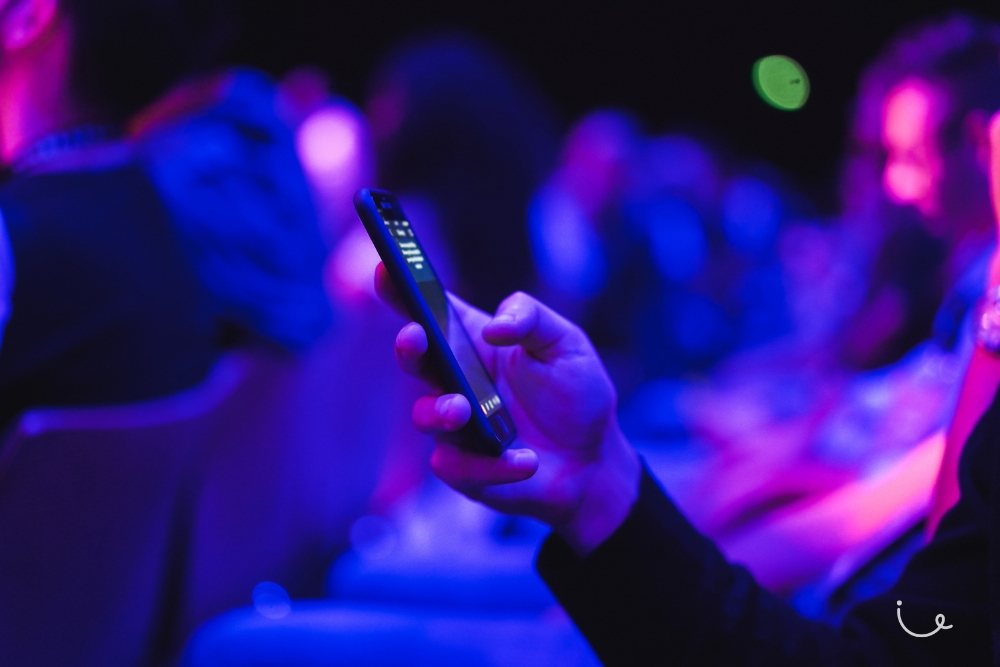
At a recent theatre performance, a fellow patron was texting, emailing and scrolling throughout the first act, lighting up our row like a Christmas tree. Despite enough fake coughing to suggest we all had bronchitis, he didn’t take the hint.
In the intermission, I had a discreet word with an usher who said the phone user wasn’t actually making any noise, so wasn’t really a distraction as such. So in the second act, I covered myself in strobe lights and had a silent disco.
I didn’t really. I just went back to my futile fake coughing, not wishing to make a scene in front of the stage performers.
All of which is music to the ears of Netflix’s bean counters. The less enjoyable the live experience, the more likely we are to pay the revised subscription fees and chill on a phone-free sofa. That’s the real story. Not the price increase, but the audience misbehaviour at communal events that makes us begrudgingly accept the price increases.
So I’ll fork out the extra few bucks for my Netflix subscription. I’m paying for the peace, the tranquillity and the privilege of watching the Stranger Things cast shave their beards and pretend to be teenagers again.

